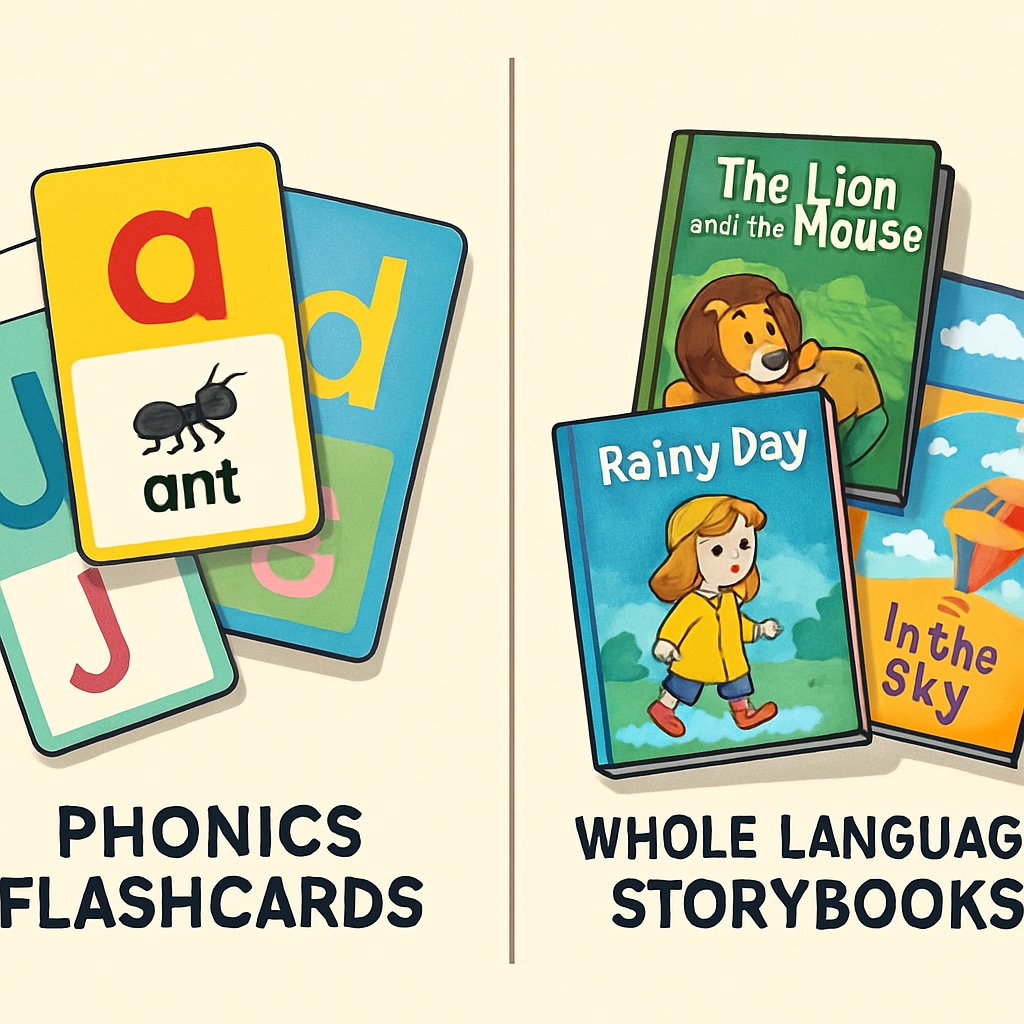When schools choose whole language instruction over phonics for teaching reading, many parents express valid concerns about this educational approach. The debate between whole language and phonics methods in reading instruction has divided educators and parents for decades. This article examines both methodologies, their respective advantages, and practical strategies for parents navigating this complex issue.
Understanding the Two Approaches to Reading Instruction
Whole language (also called meaning-based reading) emphasizes learning words as complete units through context and literature exposure. In contrast, phonics focuses on decoding skills by teaching the relationship between letters and sounds. According to research on Wikipedia, phonics instruction typically shows stronger results for early reading skills.

Why Some Parents Prefer Phonics Instruction
Many parents favor phonics because:
- It provides clear, measurable progress in decoding skills
- Structured lessons offer predictable learning milestones
- Research shows benefits for struggling readers (see Britannica’s analysis)

Effective Communication Strategies for Parents
When concerns arise about reading instruction methods, parents should:
- Schedule a meeting with the teacher to understand the school’s approach
- Request specific examples of how reading skills are assessed
- Share observations about their child’s learning progress at home
Ultimately, many literacy experts suggest that balanced literacy programs incorporating elements of both methods often yield the best results. However, as reading instruction continues to evolve, maintaining open dialogue between parents and educators remains crucial for children’s success.


